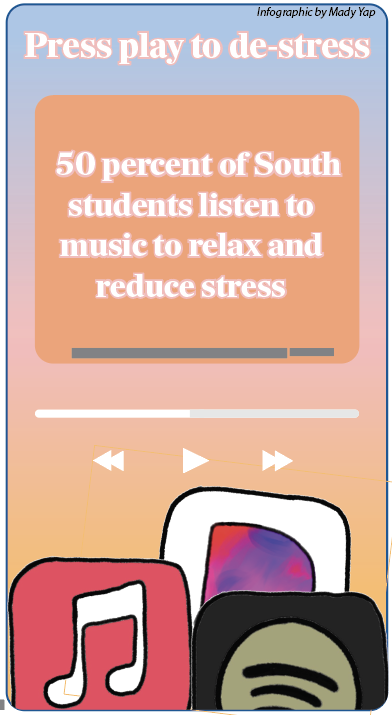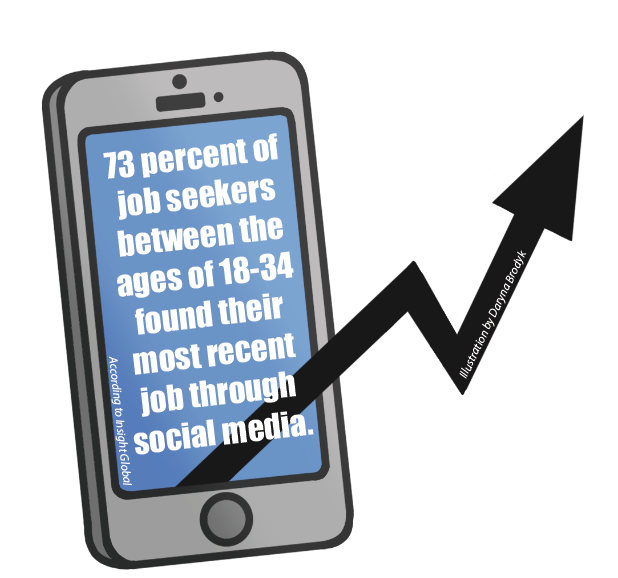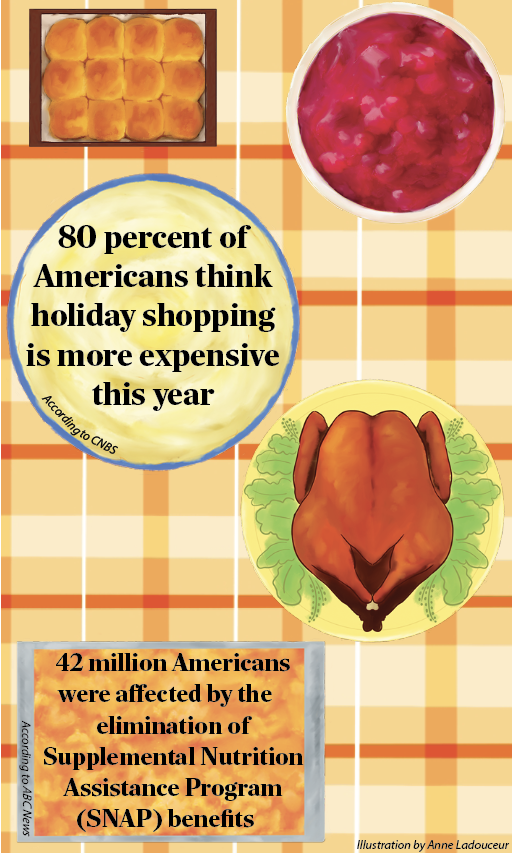The mission statement of the Police Department, according to the Glenview Police Department’s website, is to protect lives and property, enforce the law and keep the peace. But is this peace accomplished at the price of justice for one part of the community?
According to an Oracle-conducted survey, seventy-eight percent of South students believe that the police are harsher towards teenagers than other age groups. So, unfortunately for the police, it seems as if a large number of teenagers think that the cops are picking on them.
However, the first thing we must establish is that “harsher treatment” is not the same thing as “unfair treatment.” For example, a mom yelling at her son to finish his homework may be harsh, but certainly not unfair because doing his homework is his responsibility and will only help him in the end. The same goes for a police officer lecturing a teenager after that teenager has been caught speeding.
Freshman Johnny O’Gara understands this discrimination.
“My friends and I had a water balloon fight at a public park and the police told us we were too loud,” O’Gara said. “It was fair in my opinion.”
However, senior Connor Smith had a different type of experience with the police.
“One of the times I was just parked on the roof of The Glen parking garage, [police officers] came up to my car, shined a flashlight in my eyes and started questioning me,” Smith said.
This is where the controversy lies. On one hand, the police are the bad guys, coming over to Smith without good reason, but on the other hand, maybe it was late out and Smith seemed suspicious or maybe the officers just thought they were doing their job and came across as bullies in the process.
Sergeant Stefan Johnson, a supervisor on Glenview’s day shift patrol, believes that a police officer behaving harshly can be justified.
“Many times, teens [aren’t acting on] the brightest idea,” Johnson said. “The purpose of a police officer is to scare them out of doing it again.”
Johnson compares this to when he has yelled at kids to stay off of a frozen lake. He explains that at least one child tragically dies from falling through ice each year. As a parent, he says, he would want someone yelling at his daughter if it would keep her safe.
Johnson also believes that different officers will approach teens differently. He brings up a point that we often seem to forget.
Cops are just normal people put in a position of authority, like teachers. Some are going to be easier, some will be tougher, and some will just be plain unfair. This makes it impossible to generalize how all cops treat teens.
And it may seem like a cliché, but the police really are there to help us whether we like to admit it or not. We have to get the notion out of our heads that the police are our enemies. They’re not.
And guess what? We’re not special. The cops are pulling over all the speeders that, if left unnoticed, could someday end up killing you.
And it seems that the majority of South students think that this behavior is fair. According to the same Oracle-conducted survey, 63 percent of students think that a police officer paying more attention to teenagers than other age groups is justified.
Because, after all, Johnson is correct in saying that whether or not a police officer comes over to you is based on a decision that you made. A world of complaining isn’t going to change an officer’s reaction; something has to change at the source.
It’s tricky for police and teenagers alike, but luckily for the teenage population, I know a way to eliminate nearly all these annoying and controversial run-ins with the cops: stop doing things you know the police wouldn’t like. You’ll be doing the cops a favor, saving yourself from punishment and adding to a happier community.







